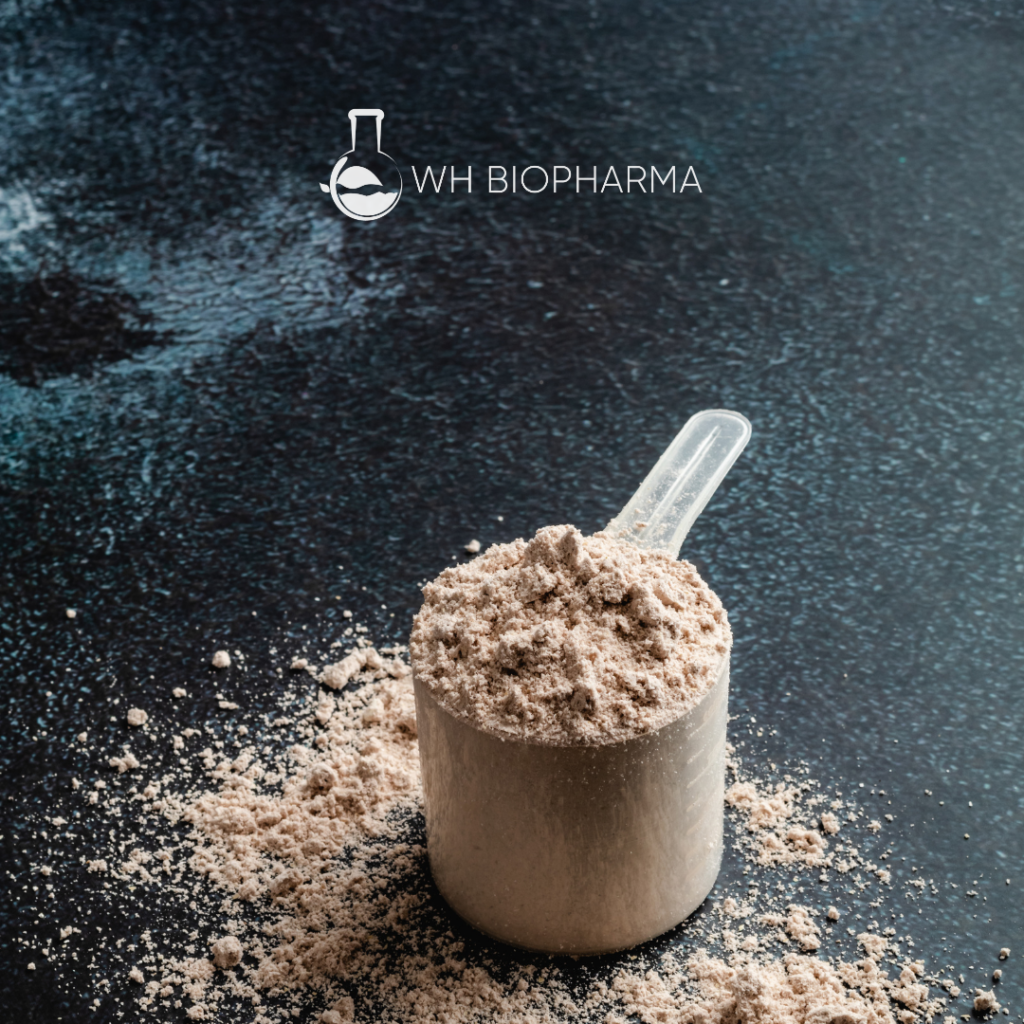In recent years, low-carb diets have gained immense popularity for their effectiveness in weight management and improving overall health. These diets, which limit the intake of carbohydrates, encourage the consumption of foods rich in protein. One such emerging trend in the world of low-carb diets is the incorporation of protein cookies. In this comprehensive guide, we’ll explore the role of protein cookies in a low-carb diet, including their benefits, drawbacks, and how to choose the best options.
The Power of Protein

Protein is often hailed as the building block of life, and for good reason. In this chapter, we’ll delve deep into the world of protein and understand why it plays a pivotal role in low-carb diets and overall health.
The Role of Protein
Proteins are essential macronutrients, and they serve a multitude of functions in the body. They are made up of amino acids, which are the building blocks of life. These amino acids are used by the body to build and repair tissues, produce enzymes and hormones, support the immune system, and much more. Here are some key roles that protein plays in the body:
Muscle Development and Maintenance: Perhaps one of the most well-known roles of protein is in muscle development. When you engage in physical activity, especially resistance training, tiny muscle fibers get damaged. Protein helps repair and rebuild these fibers, making your muscles stronger and more resilient.
Satiety and Weight Management: Protein has a remarkable ability to make you feel full and satisfied. When you consume protein-rich foods, your body releases hormones that signal fullness to your brain, helping control appetite and reduce overall calorie intake. This is particularly valuable in a low-carb diet where carbs, which are often associated with cravings, are restricted.
Metabolism Boost: Protein has a higher thermic effect compared to carbohydrates and fats, meaning your body burns more calories digesting and metabolizing protein. This can contribute to an increased metabolic rate, which is beneficial for weight management.
Blood Sugar Control: Protein-rich meals can help stabilize blood sugar levels by slowing the absorption of glucose into the bloodstream. This is especially crucial for individuals with diabetes or those following a low-carb diet to manage blood sugar.
Immune System Support: Proteins are involved in the production of antibodies and immune cells, which help defend the body against infections and diseases. A well-balanced intake of protein supports a healthy immune system.
Protein and Low-Carb Diets
In the context of low-carb diets, protein takes on added importance. When you reduce your carbohydrate intake, your body needs an alternative source of energy, and protein can step in to fill that role. This process is known as gluconeogenesis, where the body converts protein into glucose to meet its energy needs.
Here’s why protein is particularly valuable in low-carb diets:
Preservation of Lean Body Mass: As you restrict carbs, your body may turn to muscle protein for energy. Consuming adequate protein helps protect your lean body mass, ensuring that you primarily burn fat for fuel.
Sustained Energy: Protein provides a slow and steady release of energy, helping you avoid the energy spikes and crashes associated with high-carb diets. This can lead to improved focus and stable energy levels throughout the day.
Appetite Control: Protein’s satiating effect can be a lifesaver in a low-carb diet. It helps curb hunger and reduces the likelihood of succumbing to carb cravings.
How Much Protein Do You Need?
The recommended daily intake of protein can vary depending on factors like age, sex, activity level, and overall health. In a low-carb diet, protein often constitutes a significant portion of your daily calories. A common guideline is to aim for around 15-30% of your total daily calories from protein. This typically translates to 0.36 to 0.86 grams of protein per pound (0.8 to 1.9 grams per kilogram) of body weight.
However, it’s essential to tailor your protein intake to your specific goals and circumstances. Athletes and individuals looking to build muscle may require more protein, while those with certain medical conditions might have different protein needs.
In conclusion, protein is a powerhouse nutrient that serves a vital role in a low-carb diet and overall health. It supports muscle development, aids in weight management, stabilizes blood sugar, and offers numerous other benefits. As you embark on your low-carb journey, understanding the power of protein and incorporating it wisely into your dietary plan will be key to your success.
Protein Cookies: A Low-Carb Solution
In this section, we will dive into the world of protein cookies and explore how they can be a valuable addition to a low-carb diet.
What Are Protein Cookies?

Protein cookies are a relatively recent addition to the health food market. They are a variation of traditional cookies but with a significant twist – they are formulated to be higher in protein and lower in carbohydrates. These cookies are designed to provide a convenient and delicious way to increase your protein intake, making them a popular choice among fitness enthusiasts, athletes, and anyone looking to maintain a low-carb lifestyle.
Ingredients Matter
When it comes to protein cookies, the quality and composition of the ingredients are of paramount importance. Here’s a breakdown of the typical ingredients you might find in protein cookies:
Protein Source: The primary protein source in protein cookies can vary. It’s often derived from whey protein isolate, casein, pea protein, or other plant-based sources. Whey protein isolate is highly regarded for its complete amino acid profile and quick absorption.
Carbohydrates: Unlike traditional cookies, protein cookies contain fewer carbohydrates. They often use low-carb sweeteners like erythritol, stevia, or monk fruit to achieve a sweet taste without the sugar spike.
Fats: Protein cookies may contain some healthy fats, often sourced from nuts, seeds, or natural oils like coconut oil. These fats can contribute to the cookie’s flavor and texture.
Fiber: Some protein cookies are fortified with fiber to improve digestive health and enhance feelings of fullness. Fiber also helps slow down the digestion of carbs, which can be beneficial in a low-carb diet.
Flavorings and Add-Ins: To enhance taste and texture, protein cookies can include various flavorings such as cocoa powder, vanilla extract, and additional add-ins like chocolate chips, nuts, or dried fruit.
How Protein Cookies Fit into a Low-Carb Diet
Protein cookies are an attractive option for those following a low-carb diet for several reasons:
Convenience: Protein cookies are portable and require no preparation. They can be a convenient on-the-go snack or a quick post-workout option.
Satisfy Sweet Cravings: One of the challenges of a low-carb diet is satisfying cravings for sweets. Protein cookies offer a way to indulge in a sweet treat without derailing your diet.
Increase Protein Intake: Meeting your daily protein goals can be easier with protein cookies, especially if you have a busy lifestyle. They provide a controlled and measured amount of protein.
Steady Energy: Protein helps maintain stable blood sugar levels, reducing the energy fluctuations often associated with high-carb snacks.
Support Muscle Maintenance: For those engaging in regular exercise, protein cookies can aid in muscle recovery and growth, especially when consumed post-workout.
While protein cookies can be a valuable addition to a low-carb diet, it’s important to exercise moderation and select wisely. Some protein cookies may still contain a significant number of calories, and overconsumption can lead to weight gain. Additionally, the quality of ingredients can vary widely among brands, so reading labels is essential.





